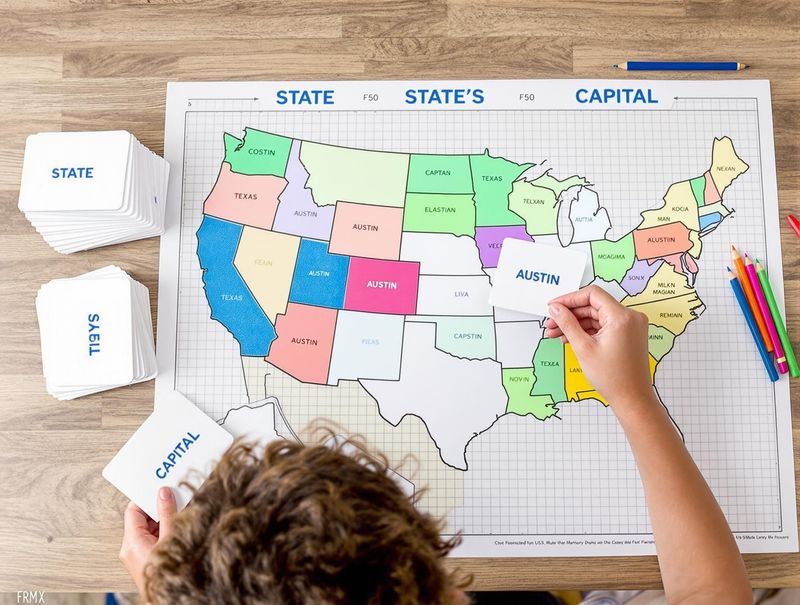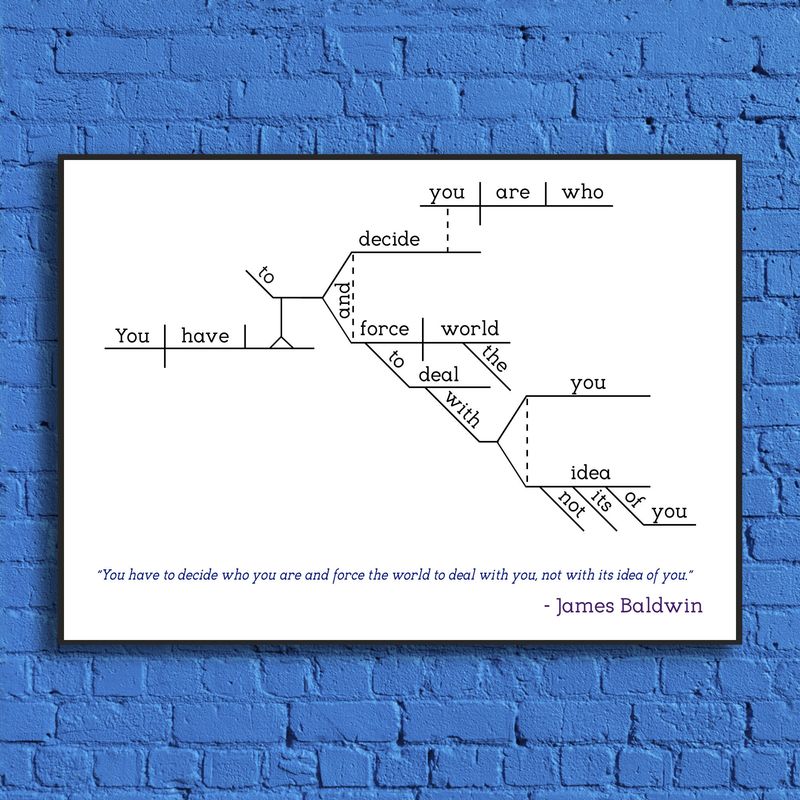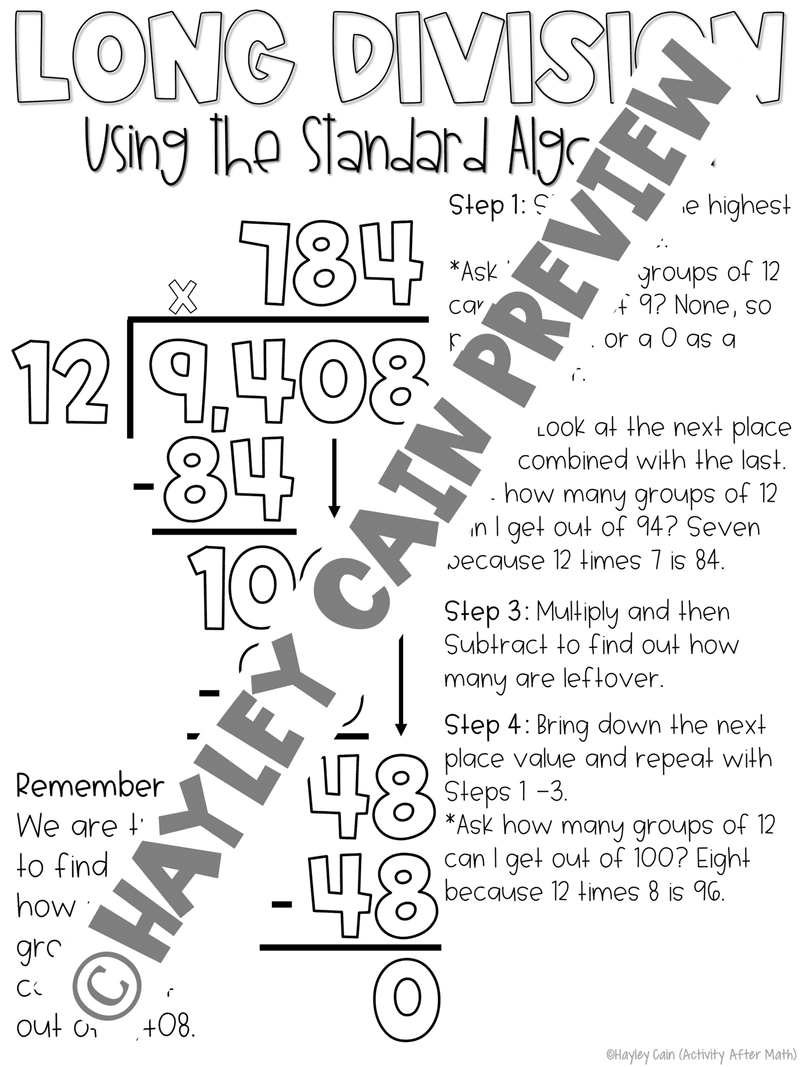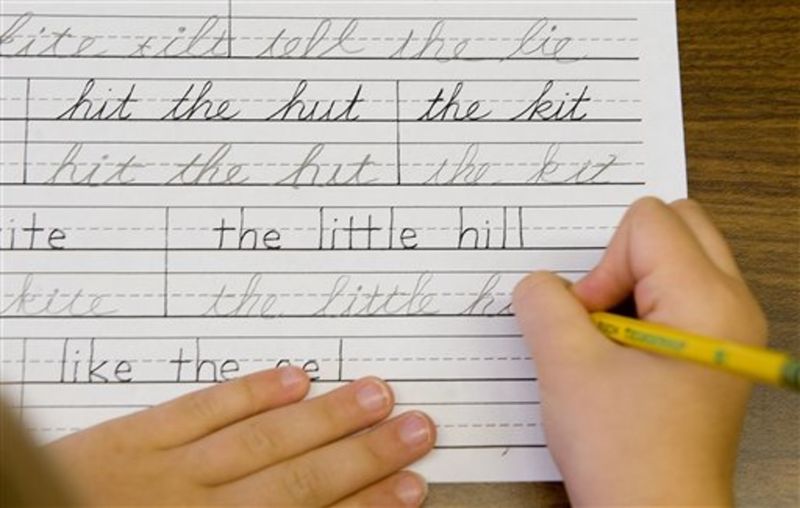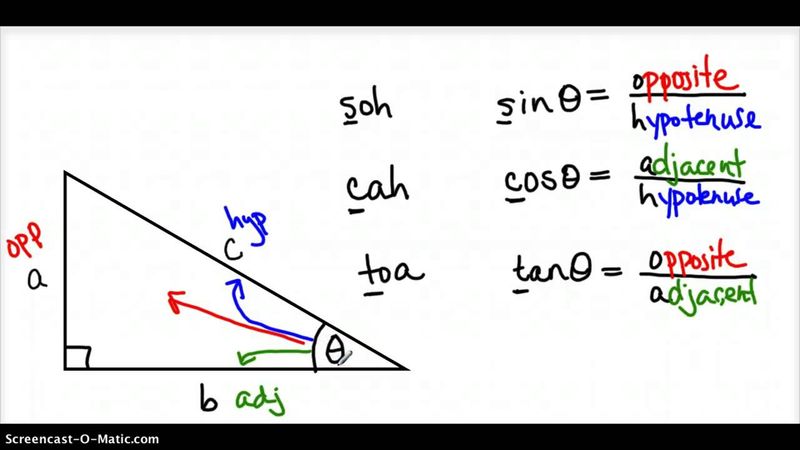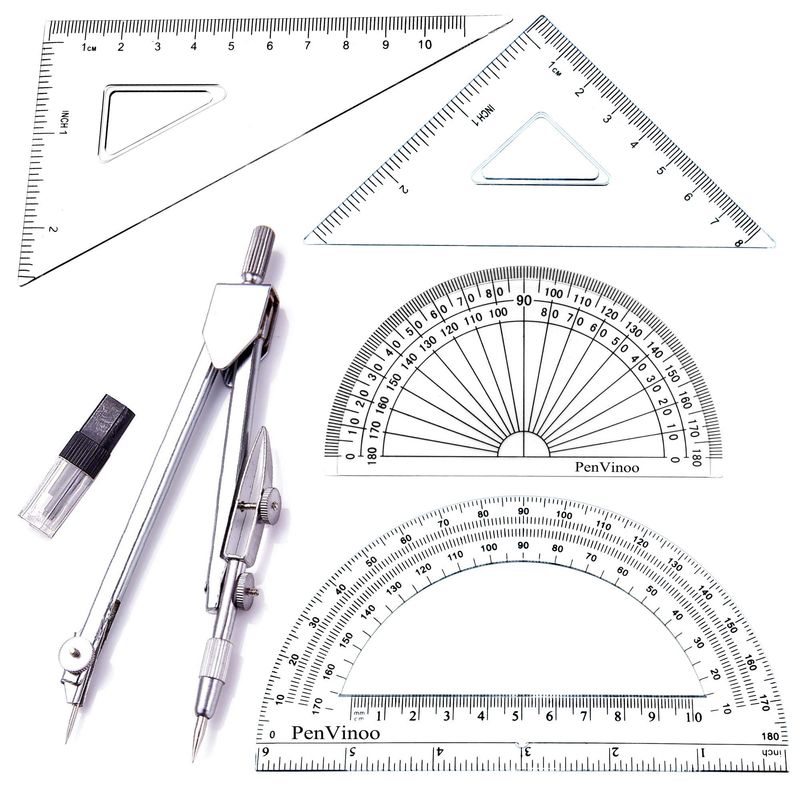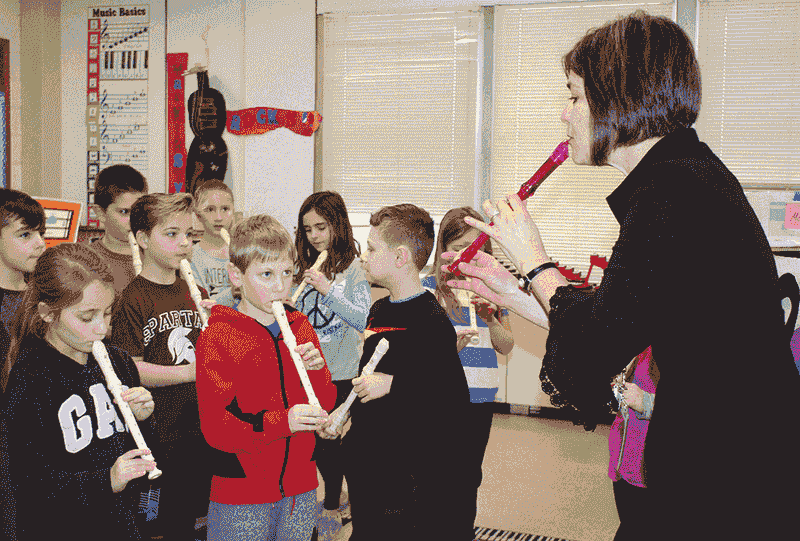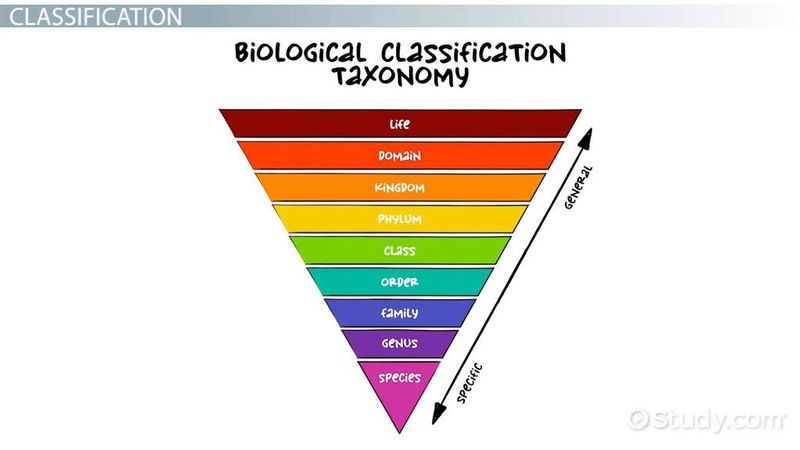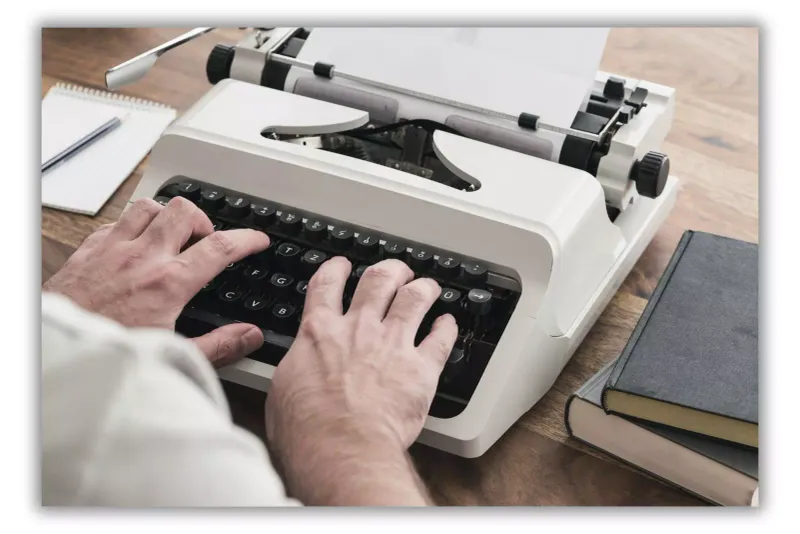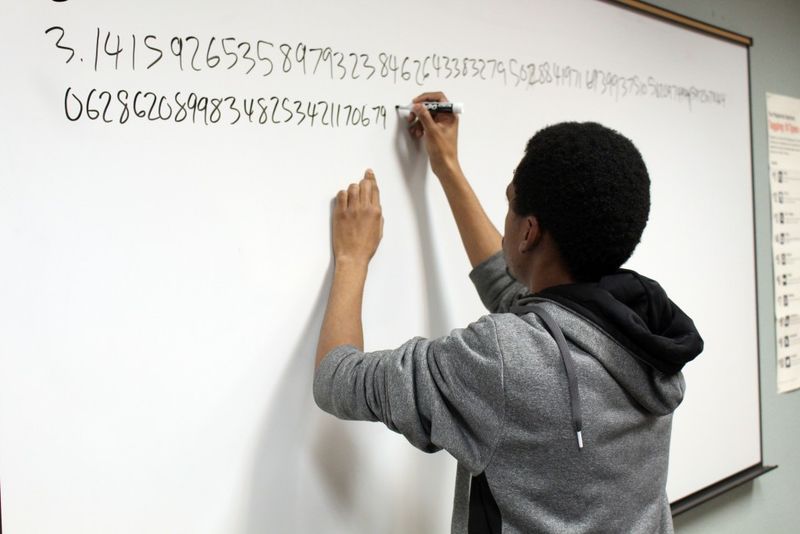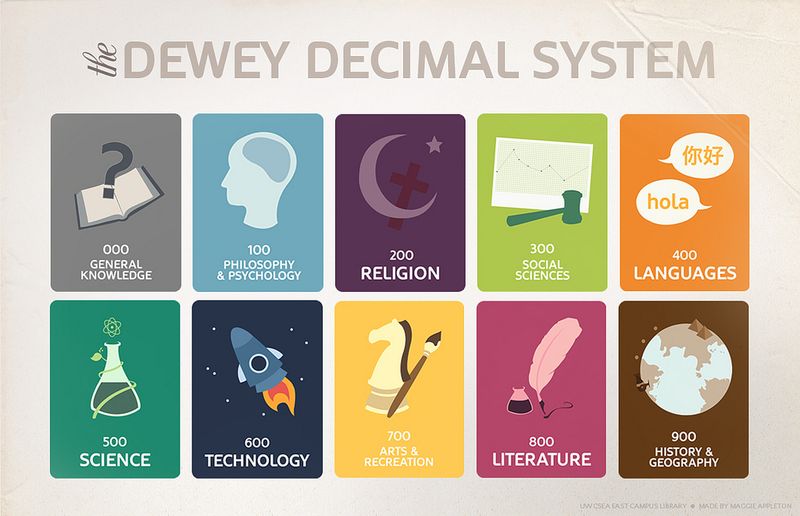Remember all those hours spent in school, memorizing facts and mastering skills our teachers swore we’d need forever? Fast forward to adulthood, and so many of those ‘essential’ lessons have disappeared from our daily lives. From complicated math formulas to obscure historical dates, our education was filled with information that rarely impacts our adult world. Here’s a nostalgic look at classroom lessons that turned out to be surprisingly irrelevant.
1. Memorizing State Capitals
Quick! What’s the capital of North Dakota? Don’t remember? Exactly my point. Those endless geography quizzes where we frantically memorized capitals rarely serve us now.
Most adults go their entire lives without needing to recall that Bismarck is North Dakota’s capital. When we actually need this information, our smartphones provide answers instantly.
The funny thing is how much pressure teachers put on memorizing these facts. Remember those pop quizzes and classroom competitions? All that stress for information that now lives comfortably in our pockets rather than our brains.
2. Diagramming Sentences
Those elaborate sentence diagrams with their branches, stems, and mysterious rules haunted English class for years. Teachers insisted we couldn’t possibly understand language without breaking sentences into these strange tree-like structures.
Yet here we are, communicating perfectly well without ever diagramming another sentence. Most professional writers have never diagrammed a sentence since graduation.
The irony? Even English teachers rarely use this skill outside the classroom. While understanding parts of speech matters, those complex diagrams proved about as useful in adult life as knowing how to churn butter by hand.
3. Long Division By Hand
Hours spent practicing long division problems, carrying numbers, and checking our work by hand. Teachers watched over our shoulders as we worked through endless problems, insisting calculators would make us lazy.
Fast forward to today. When was the last time you solved 3,872 divided by 14 using pencil and paper? Calculators, phones, and computers handle these calculations instantly.
The emphasis on manual calculation seems almost quaint now. While understanding the concept matters, the mechanical process of long division joins the ranks of skills like churning butter or using a rotary phone—technically useful but practically obsolete.
4. Cursive Handwriting
Remember those cursive workbooks? Hours spent perfecting loopy letters while teachers insisted we’d use this elegant skill forever. “You’ll need this for signing documents and writing professionally,” they promised.
Reality check: most adults now use cursive exclusively for signatures—if that. Some younger people can barely read it, let alone write it fluently. Digital communication has rendered those perfect penmanship lessons largely obsolete.
Schools devoted precious time to this skill, with some teachers grading assignments lower if not written in proper cursive. Today, many districts have dropped cursive entirely, recognizing that keyboard skills serve students better in the modern world.
5. The Periodic Table Memorization
Chemistry teachers had us memorizing elements like they were the lyrics to our favorite songs. We’d recite “Hydrogen, Helium, Lithium, Beryllium” while frantically trying to remember atomic weights and electron configurations for tests.
Unless you became a chemist or science teacher, that knowledge evaporated faster than spilled acetone. Most adults can name maybe 10-15 elements, usually the common ones like oxygen and gold.
The memorization-heavy approach missed the bigger picture. Understanding chemical principles and how elements interact would have been more valuable than rote memorization of a chart we can easily reference whenever needed.
6. Trigonometry Formulas
SOH CAH TOA. Those mysterious syllables still haunt former math students decades later. We spent weeks mastering sine, cosine, and tangent calculations for triangles we’d supposedly encounter throughout life.
For most of us, those triangles never materialized. Unless you became an engineer, architect, or scientist, trigonometry quickly faded from memory. Even professionals in these fields now use software for these calculations.
The countless hours spent calculating angles manually seem almost comical now. While understanding basic geometric principles has value, the intense focus on memorizing and applying these formulas manually represents time that could have been spent on more widely applicable math skills.
7. Using Protractors and Compasses
Remember those flimsy plastic protractors and pointy compasses? Geometry class had us drawing perfect circles and measuring angles with surgical precision. One slip, and you’d have to start your construction all over again.
These manual drawing tools have largely disappeared from professional use. Architects and engineers now use sophisticated software that renders perfect geometric shapes with a few clicks.
While understanding angles and circles remains valuable, the manual skills we developed rarely transfer to adult life. Most of us haven’t touched a protractor since our last geometry final, making those weeks of practice constructing bisecting angles seem like wasted effort.
8. Playing the Recorder
The shrill sound of 30 recorders playing “Hot Cross Buns” remains a traumatic memory for former elementary students and teachers alike. These plastic instruments were supposedly our gateway to musical literacy.
Few adults continued their recorder careers after fifth grade. The instrument itself often ended up forgotten in a closet, along with whatever musical knowledge came with it.
Music education certainly has value, but the recorder specifically seems an odd choice as a foundational instrument. Piano or ukulele might offer more practical applications, or perhaps focusing on music appreciation would serve students better than struggling with an instrument few will ever play again.
9. Memorizing Historical Dates
History class often reduced rich, complex events to a simple memory game of names and dates. “1492: Columbus sailed the ocean blue” and countless other dates were drilled into our heads for tests.
Ask most adults to name the exact year of the Louisiana Purchase or when the Korean War ended, and you’ll get blank stares. The dates themselves rarely matter in daily life.
What would have been more valuable? Understanding historical causes and effects, recognizing patterns across different eras, and developing critical thinking about how past events shape our present. The obsession with memorizing specific dates missed the forest for the trees.
10. Taxonomy and Scientific Classification
Kingdom, Phylum, Class, Order, Family, Genus, Species. Biology class had us memorizing this hierarchy along with Latin names for countless organisms. Remember dissecting frogs to identify the maxilla and mandible?
Unless you became a biologist, this knowledge quickly disappeared. Most adults can’t tell you whether a dolphin is in order Cetacea or what phylum earthworms belong to.
The time spent memorizing classifications could have been better used understanding ecological relationships or human biology with practical applications. While scientists need taxonomy, the average person simply needs to know a shark is a fish and a bat is a mammal—not their complete Linnaean classification.
11. Manual Map Skills
Geography class had us painstakingly plotting coordinates, drawing contour lines, and labeling rivers and cities by hand. Teachers insisted we’d be lost without these manual mapping skills.
Then GPS happened. Now detailed maps live in our pockets, telling us exactly where we are and how to get anywhere. Nobody plots latitude and longitude coordinates by hand anymore.
While understanding basic map concepts remains useful, the extensive time spent on manual cartography skills seems quaint now. Modern navigation tools have made obsolete many of the mapping techniques we once labored over. Most adults haven’t calculated their position using latitude and longitude since their last geography exam.
12. Shorthand and Typing on Typewriters
Older generations might remember shorthand classes or typing on actual typewriters with their satisfying clack-clack sounds. These were once considered essential office skills that would guarantee employment.
Digital technology transformed these skills overnight. Shorthand became obsolete with voice recording and digital note-taking. Manual typewriters gave way to computers with spell-check and formatting tools.
Students who spent months mastering the perfect typewriter ribbon change or memorizing shorthand symbols found these skills rapidly outdated. While typing itself remains crucial, the specific mechanical skills taught around these technologies quickly became historical curiosities rather than practical abilities.
13. Memorizing Digits of Pi
Math teachers made a big deal about memorizing pi. Some students proudly recited dozens of digits, wearing their numerical memory as a badge of mathematical honor.
In reality, even scientists and engineers rarely need more than 3.14159 in calculations. Software handles the rest automatically. The competition to memorize more digits was essentially a party trick disguised as academic achievement.
The irony? This memorization exercise taught nothing about what pi actually represents mathematically. Understanding the concept of pi as the ratio of a circle’s circumference to its diameter would serve students far better than memorizing its digits to the hundredth place.
14. Dewey Decimal System
Library lessons once dedicated significant time to mastering the Dewey Decimal System. We learned that 500-599 meant science while 800-899 covered literature. Librarians tested our ability to locate books using these mysterious numbers.
Digital catalogs have rendered this knowledge largely obsolete. Modern libraries use searchable databases, and many students now access information primarily through digital sources rather than physical books.
While organizing information remains an important skill, the specific classification system itself has limited application outside libraries. Few adults have needed to recall that philosophy falls under the 100s or that 400-499 covers language since their school library visits.

